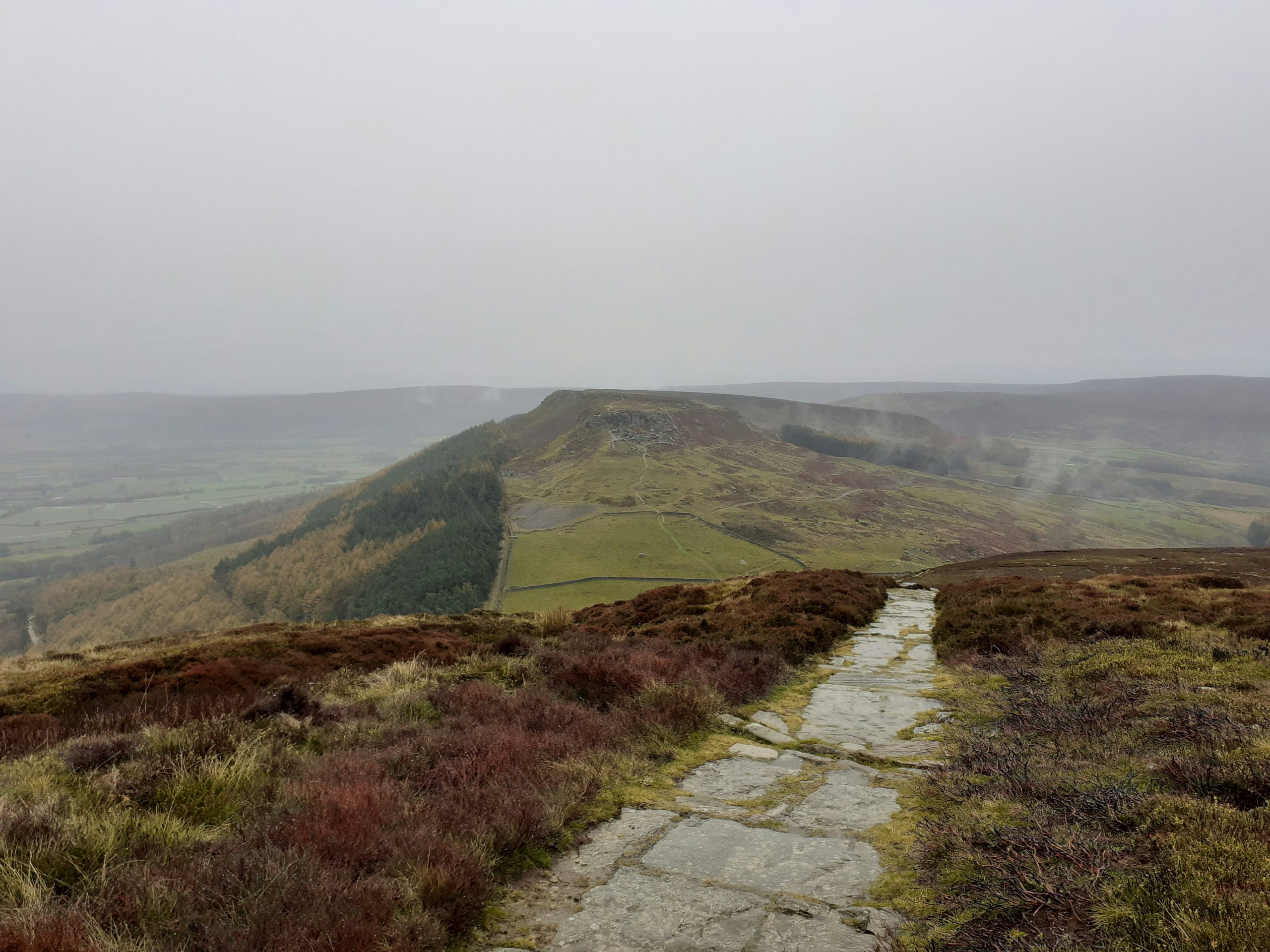Words by Sofia Brizio
Anna Alfieri is a young Italian actress and filmmaker who spent the entirety of her career in London. Every creative in the world will tell you it’s tough to make it in the real world, even more so in London. But it’s not often that you hear their stories of victory or defeat, whatever they might be. The typical mediatised story of a woman in the film industry would probably include a period of vaguely defined struggles to then reach the final breakthrough where everyone lives happily ever after. What nobody tells you is that it’s never that neat. It’s a constant rollercoaster of never knowing where you will end up even when you think you know exactly where you’re going; it’s getting the news you’ve been waiting for one day, and then having your entire work thrown upside down the next.
I asked Anna to tell me about her experience as a lesbian woman in the industry and how difficult it has been for her to make her voice heard, not necessarily because she is a woman and/or a lesbian, but because pouring your heart, soul, blood and sweat in what you’re convinced is the film of your life, only to end up having to sacrifice its very essence to commercial pressures is something no one is ever prepared for. And yet it happens more often than you’d think. The paradox of the film industry nowadays is that if you want to emerge, going against the grain isn’t always what is going to get you there.
Anna knows it all too well and experienced it while working on her film, Borderline, for over three years now: “I don’t even know how to start describing this film. Three years of pitching and I still haven’t found the perfect way to put it.”
Borderline was born out of desperation, out of Anna’s need to find herself as a creator, actress and filmmaker, as well as on a personal level, but also to feel represented and bring something innovative to the filmmaking industry. “Four years ago I reached rock bottom in a way I never had before. Having spent the previous eight years working my socks off to become a professional actress, taking part in innumerable projects that had taken me nowhere, for the first time in my life I was really starting to see every last strand of hope in the career I had invested so much in completely vanish. And when that career is your biggest passion, trust me, it hurts! To top it all off, around that same time, I went through the final breakup with the first woman I ever loved, which I still consider to be my first real relationship. Running in the background of all this, a somewhat dramatic situation with crazy live-in landlords and no support network around me. I was alone. I was desperate. I was borderline suicidal. And I didn’t see a way out.”
“That desperation gave birth to my film and the story depicted in it. All the crazy stuff going on in my heart and head was desperately trying to come out and that I was going insane trying to find an outlet for. It’s a process I’ve always liked to call ÔÇÿthe dancing with my demons’. It was all the things I loved the most, but that I never had a chance to see in a script I was called to audition for. It was raw. It was dark. It was meta. It was layered. It was crazy. It was Pink Floydian. It was beyond everyone’s expectations, including mine, and, most of the time, it felt impossible. But I had a vision and an indescribable drive for it. So all obstacles felt irrelevant. I was making a film depicting my current life struggle, with that very film being the tool I was using to hang on to life. The majority thought it was crazy. A few thought it was genius, but not many”.
As if a film of the sort wasn’t difficult enough to make, Borderline had the added difficulty of relying mostly on improvisation, which is what makes it real and magical, but also arguably not that marketable to audiences who tend to go crazy over Below Her Mouth, or what have you. But Anna carried on: “The film was shot in three different countries (Italy, France and the UK) and made using all of my savings, which amounted to the tiniest budget ever heard of for a feature. In a way, I wanted to show the world that, as long as you have that desperation to tell your story, it doesn’t really matter how much experience, money or resources you have. On the contrary, your limitations might as well turn into your assets”.
Anna was convinced she would make it: “The film was shot beautifully, the acting is more than decent, the story is original and the overall message quite strong”. Yet, three years and an indefinite number of cuts later, she still hasn’t been able to sell the film. Why?
“My first director’s cut was selected for a festival in the US in 2019. There I met my ÔÇÿdream distributor’. They told me the film had a lot of potential, but, because that version was two hours and 25 minutes long, I had to withdraw it from festivals and cut it down so they could help me take it to a bigger festival for the premiere the following year. Hence, I spent the following six months re-cutting and perfecting the film, which they later approved. However, shortly after signing the contract I was told that the film was still about 20 minutes overlong, so festivals were rejecting it. With a lot of effort, I went back to editing, after thinking I had finally got to a final cut for the third time in a row in two years. I had basically done the whole post-production process twice with this film. I took another 10 minutes out, but it still wasn’t enough. So in essence, I could either let the distributor re-cut the film for me, or wave goodbye to the distribution contract”.
Most creatives know that if you leave your story in someone else’s hands, your project will probably lose its original reason for being. So, as you can probably guess, Anna decided to rescind the contract, which is all but easy when you’ve been dreaming of and fighting for success your whole life.
While it’s natural that some levels of gatekeeping are present in every creative industry, and it is notorious that the film industry is especially hard to break into, her experience highlights another side to the sector which is often ignored: “The request to re-cut the film didn’t come from just this one distributor, and I will spare you the details of how many companies I got in touch with. Let’s just say that for every ten people you get in touch with, you get one reply, if at all. I guess the irony is that all the things that enabled me to make this film in the first place are the same things which are now preventing me from selling it. I can either bend to the market’s demands and get away from my vision, probably ending up with a product I would barely recognise as my own, or just leave this film in my drawer. I really don’t know whether it’s because I’m too sensitive or I was just wired differently or because we live in the world we live in, but I really wish the film that once saved my life was not killing me now”.
When you create something this visceral and heartfelt, it’s like your life depends on in. And that’s exactly how watching the first cut of Borderline felt for me. Sure, it’s not an easy film to watch, but sometimes we need stories that make us uncomfortable because that’s how you change the world. That’s how people begin to feel represented. Anna’s experience shows how commercial gate keeping can take valuable stories away from us and, most importantly, how disheartening it is to see your creation turned upside down when you’ve put all you had into it. Being told that your film is “too personal to fit the business model” hurts not because of the criticism in itself, but because it makes you realise your story will probably never see the light unless you construct it on someone else’s terms. And yes, creative careers are all about compromise. But compromise doesn’t allow for change. This is why it is imperative that we keep telling stories that usually go unheard. In a world where a variety of voices is needed more than ever and innovation is constantly encouraged, it is paradoxical that to make a name for yourself in the industry you have to bend to the market’s demand to then (maybe) get your creative freedom back.


